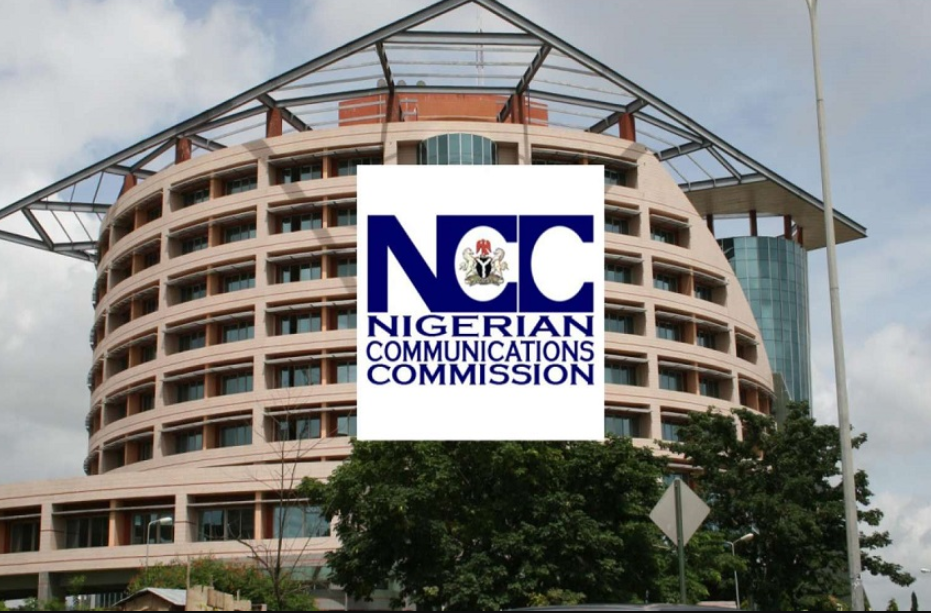Mobile Technicians Urge NCC to Mandate Phone Registration at Point of Purchase in Nigeria
Lagos, Nigeria – July 11, 2024 – The Association of Telecommunications and Mobile Technicians of Nigeria (ATMTN) has called on the Nigerian Communications Commission (NCC) to enforce mandatory registration of all mobile phones at the point of sale, in a bid to curb rising cases of theft, fraud, and the circulation of counterfeit devices.
Growing Concerns Over Unregistered Phones
In a statement released after its annual general meeting, the ATMTN highlighted the increasing security risks posed by unregistered phones, which are often used in criminal activities such as kidnapping, scams, and armed robbery. The group argued that registering phones at the point of purchase would make it easier for law enforcement to track stolen devices and deter criminals.
“Currently, many phones in circulation are not linked to any identifiable owner, making it difficult to trace them when used for illegal activities,” said ATMTN President Engr. Tunde Oke. “Mandatory registration will enhance security and reduce the market for stolen phones.”
Proposed Measures
The technicians’ association recommended that the NCC collaborate with mobile phone dealers and telecom operators to implement the following:
- Mandatory Registration: Buyers should provide valid identification (e.g., National ID, BVN, or passport) when purchasing a phone, with details linked to the device’s IMEI number.
- Centralized Database: A national database of registered phones accessible to security agencies.
- Stiffer Penalties: Sanctions against sellers and buyers who bypass registration protocols.
Support from Security Experts
Security analysts have backed the proposal, noting that countries like Kenya and South Africa have successfully reduced phone-related crimes through similar measures. “If implemented properly, this system will disrupt the operations of criminals who rely on untraceable phones,” said cybersecurity expert Aisha Bello.
Potential Challenges
However, some stakeholders warn that enforcing registration could face hurdles, including:
- Privacy Concerns: Fears over government surveillance or misuse of personal data.
- Informal Market: A significant portion of phone sales in Nigeria occurs through unofficial channels, making regulation difficult.
- Public Compliance: Resistance from buyers unwilling to share personal details.
NCC’s Response
The NCC has yet to issue an official statement, but sources within the commission confirm that the proposal is under review. A similar policy was previously considered but stalled due to logistical challenges.
What’s Next?
The ATMTN plans to submit a formal proposal to the NCC and engage with lawmakers to push for regulatory action. If adopted, Nigeria could join other African nations in enforcing stricter phone registration laws to combat crime.
—END—
Would you like additional details on similar policies in other countries or reactions from telecom operators?
